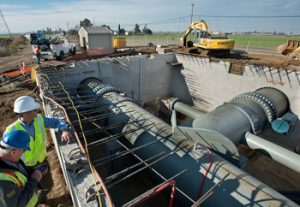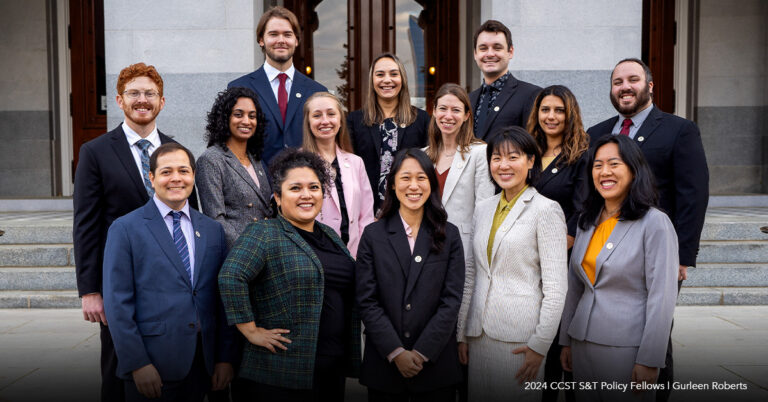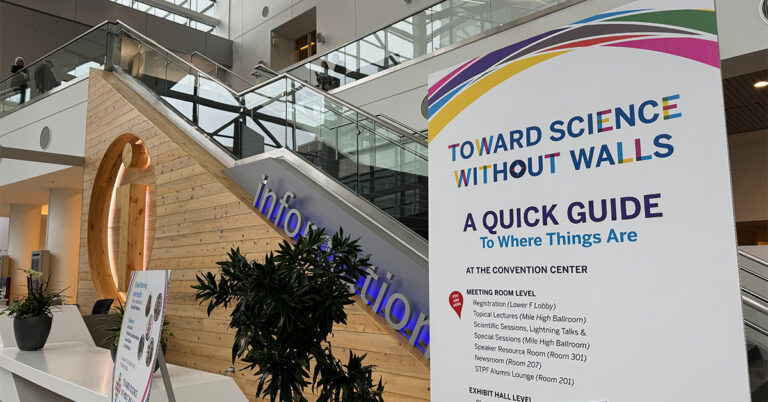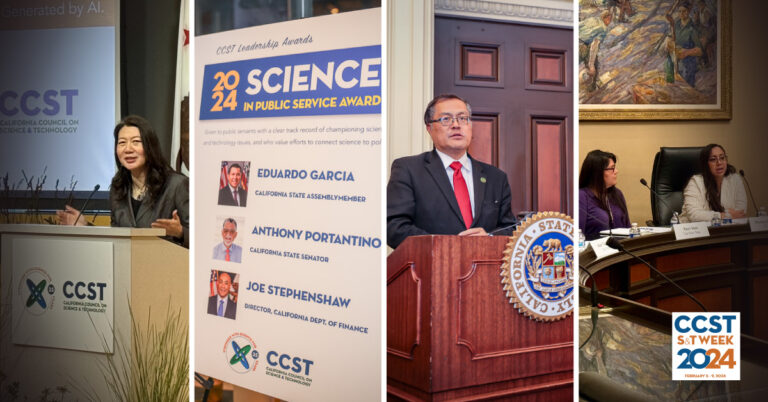Update: Applications for the CCST Science & Technology Policy Fellowship Have Closed
With Conclusion of 2013-2014 Legislative Session, Several Water and Greenhouse Gas Related Bills Up for Approval
September 25, 2014 | CCST Newsroom | Contact: M. Daniel DeCillis

The 2013-14 Legislative session concluded on Saturday, August 30 at 3:15 a.m., adjourning more than a day early and with little of the drama of prior years. A number of important science- and technology-related bills were approved by the Legislature this year and await the approval of the Governor. Most of these bills have already been negotiated with the Governor’s Office, so his approval appears likely.
Among the notable bills sent to the Governor’s desk:
- Internet-based Transportation Companies – Responding to the growth of alternative transportation companies such as Lyft and Uber, Assembly Member Susan Bonilla authored AB 2293 which establishes minimum insurance requirements for the drivers associated with these companies, beginning July 1, 2015.
- Plastic Bag Ban – SB 270 by Senator Alex Padilla creates the nation’s first statewide ban on single-use plastic bags while imposing a minimum $0.10 fee on paper bags, beginning January 1, 2015 for most large retailers.
- Zero Emission Vehicle Subsidies – Adding to California’s ongoing efforts to reduce fossil fuel use, SB 1275 (Senate Kevin DeLeon) establishes a goal of deploying 1 million Zero and Near Zero Emission Vehicles by 2023, with a particular focus on low- and moderate-income communities, through the creation of a vehicle subsidy program.
- Groundwater Management – Responding to California’s ongoing drought, SB 1168 and SB 1319 by Senator Fran Pavley and AB 1739 by Assemblymember Roger Dickinson collectively initiate groundwater sustainability planning and programs for California’s most critical groundwater basins. Until the passage of these bills, California was the only Western state not to manage its groundwater.
- Water Infrastructure Bond – The Legislature also passed a $7.5 billion bond for water infrastructure, which includes $2.7 billion for new water storage projects. This bond will be put before the voters in November for approval, replacing an $11.1 billion water infrastructure bond that had been approved by the Legislature in 2009 but which was never put before the voters for fear of rejection.
- Methane Leaks – In response to the fatal accidents on PG&E’s natural gas pipeline system and concern about climate change, the Legislature directed the California Public Utilities Commission to 1) require natural gas utilities to report on their gas leak management practices, and 2) develop rules which result in the most technologically feasible program for avoiding and repairing leaks (SB 1371, Senator Leno).
- Cap and Trade Expenditures – One of California’s key programs for reducing greenhouse gas (GHG) emissions is the Cap and Trade program, which will raise hundreds of millions of dollars annually for GHG reduction programs. The state budget allocates the biggest share of that funding for California’s High Speed Rail program with lesser amounts to transit and strategic growth programs.
- Privacy and Educational Technology – As new technologies are integrated into K-12 classrooms, concerns have arisen about personal information collected along the way. SB 1177 by Senator Darrel Steinberg prohibits internet-based educational services from selling, disclosing, or compiling personal student information, or using it to market. A related bill (AB 1584, by Assembly Member Joan Buchanan) sets similar restrictions on 3rd party contracts with school districts for digital storage or educational software.
- Computer Science Educational Standards – AB 1539 (Assembly Member Curt Hagman) requires development of updated computer science content standards for all grades K-12; AB 2110 (Assembly Member Phil Ting) requires incorporation of computer science content into other school subjects as each curriculum framework comes up for revision.
The Legislature addressed a number of other controversial science and technology issues but did not reach a consensus on legislation:
- Fracking Ban – Fracking remains a controversial legislative subject, despite the passage of regulation last year. SB 1132 by Senator Holly Mitchell created a state-wide ban on fracking but that bill did not pass the Senate.
- Climate Change – Concern with California’s Cap and Trade program led Senate President Steinberg to introduce legislation creating a carbon tax (SB 1156). That bill was never brought to a vote.
- Plastic Microbeads – The growth of plastic as a marine debris led Assembly Member Bloom to introduce a ban on the use of plastic beads (e.g. microplastics) in personal care products. AB 1699 did not pass the Senate.
- Marine Mammals – The controversial movie “Blackfish” depicted allegedly inhumane treatment of killer whales, or orcas, in amusement parks. The scientific community was divided on the issue. In what may have been the most heavily lobbied bill of the year, Assembly Member Bloom introduced AB 2140 which banned the use of orcas for entertainment purposes, but that bill did not pass the Assembly.
The legislators have returned to their districts; most of them are running for reelection in November. As a result of term limits and legislators running for different offices, more than 25% of the 2015-16 Legislature will be new.






